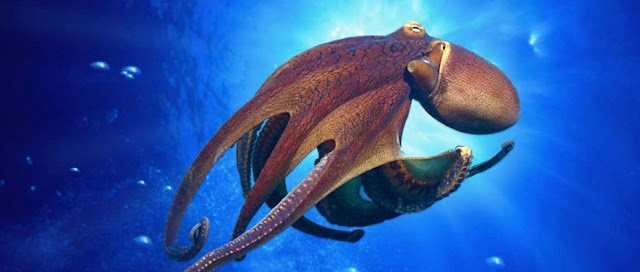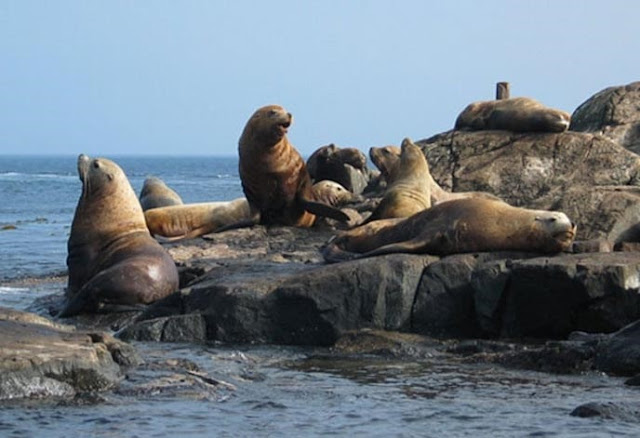Coral Reefs: Rainforests Of The Sea
Corals are underwater structures
composed of calcium carbonate. Each coral is referred to as a polyp which is primarily
responsible for building reefs. The reefs provide a safe haven for almost
millions of animals including fish, crabs, shrimp, clams, snails and many more
rely on and adapt to the coral reef lifestyle. Each one of them plays a vital role in protecting the health of the reef.
Found in warm, polar, and shallow
waters, the corals have a symbiotic relationship with zooxanthellae. Living
inside the polyp body provides carbohydrates for the coral where in turn the
coral provides home and carbon dioxide for the algae. In addition, the algae
remove waste and help corals to provide lively colors and are found in an array
of shapes. The Australian barrier reef is the largest coral reef which is more
than 1500 miles long.
Different species of coral reefs are
found in different ocean basis. Where the reef in Indo-pacific can be completely
different from the reef in the tropical western Atlantic ocean. Furthermore, scientists
have categorized reefs into four types. Fringing reefs are attached to the
shore; barrier reefs are separated from the shore by a lagoon, patch reefs are small
reefs found in the shallow lagoons within a large collective reef; atoll is a
ring-shaped coral reef that encircles a lagoon partially or completely.
In addition, the coral reefs protect
coastlines from storms and erosion, and at least more than half a billion
people depend on the reef for food, income, and protection. Healthy and intact coral
reefs draw high-value tourism which attracts visitors from remote locations.
Unfortunately, the coral reefs are at threat, climate change, ocean acidification,
destructive fishing practices, pollution, and invasive species threaten coral
reefs around the world. Once the ocean temperatures are raised the zooxanthellae
are gone, which leads coral to lose their bright color. This would risk
millions of people of life at stake who completely rely on coral reefs.



Comments